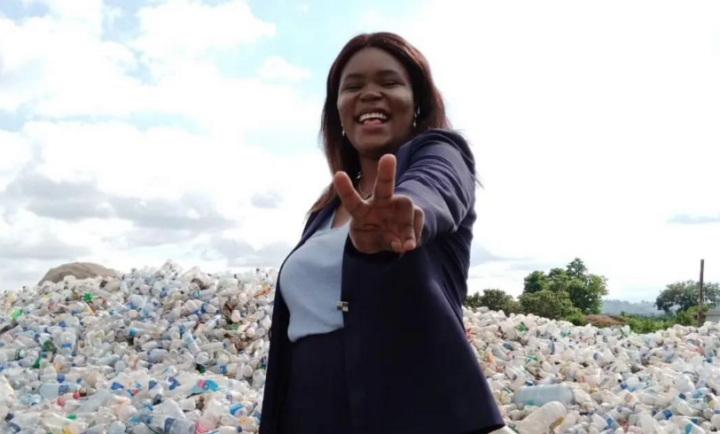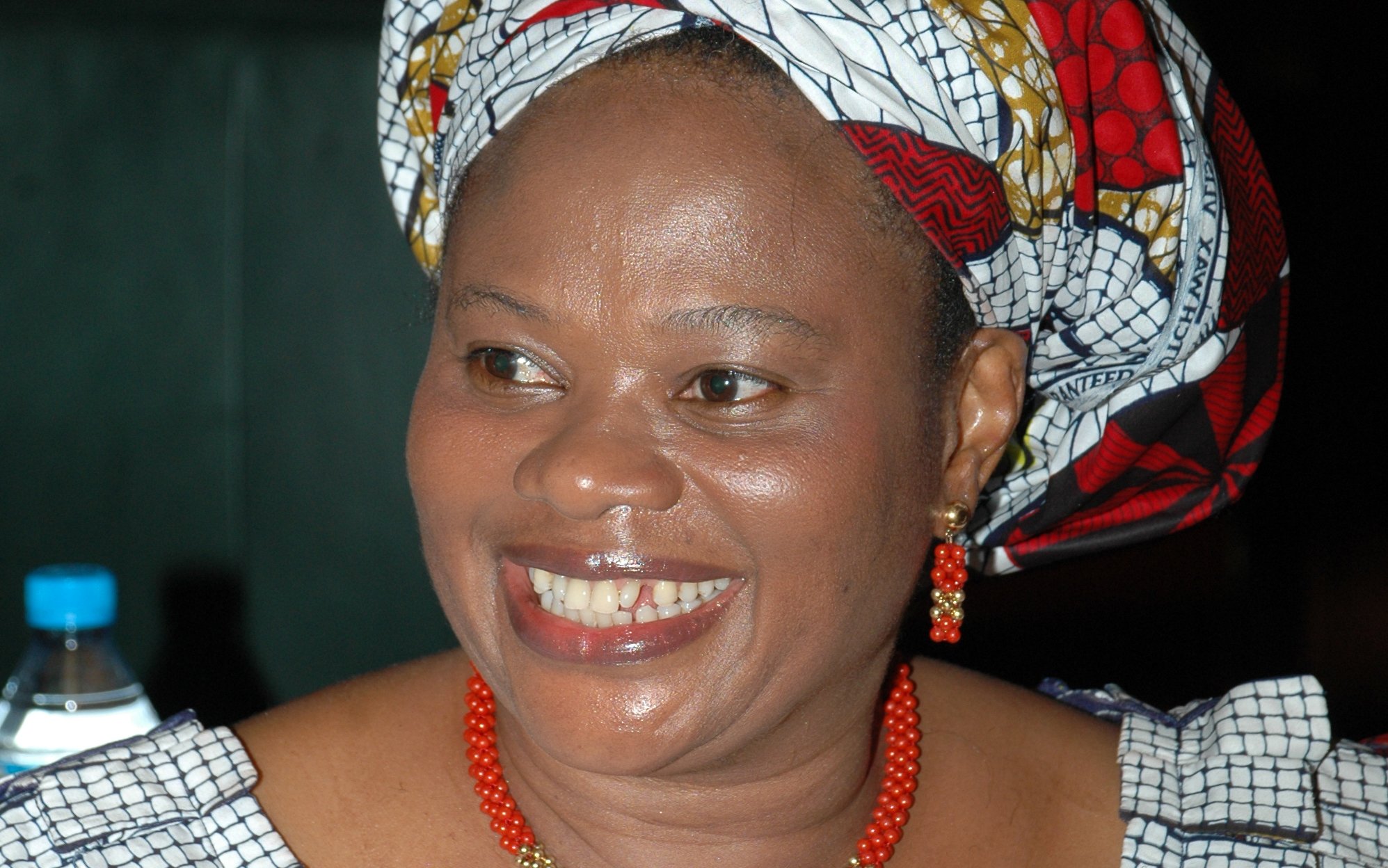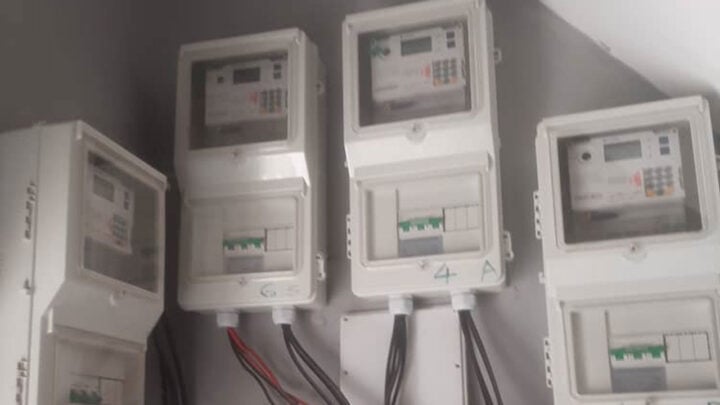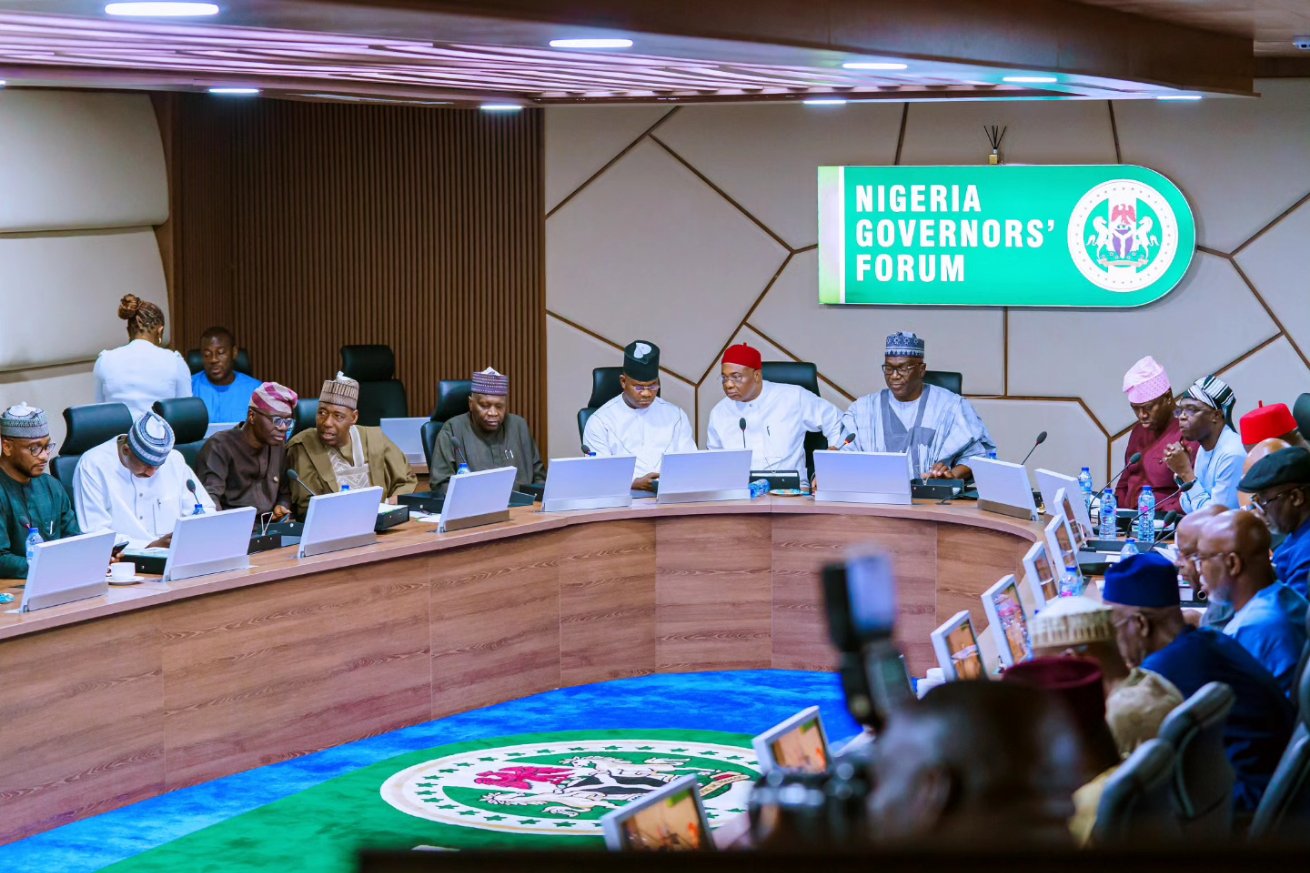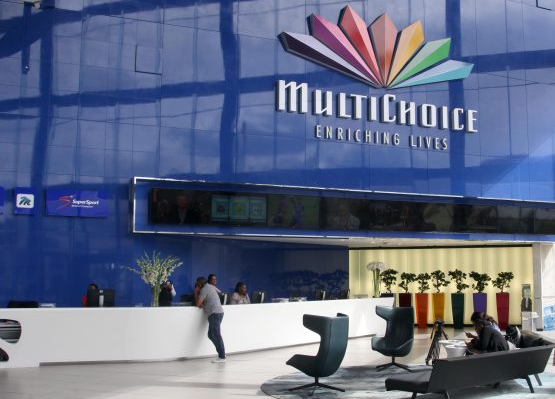In a country grappling with waste management challenges, one social entrepreneur is flipping the script — a game-changer turning trash into treasure and creating opportunity from an environmental crisis. Rita Idehai, the founder of Ecobarter, has built a thriving business that collects waste, recycles it into new products, and empowers marginalised groups in the process.
Idehai’s father is from Edo state, while her mother hails from the Yoruba-speaking part of Kogi. She was born and raised in Ilorin, Kwara state, where, from a young age, she was exposed to reformative concepts such as “trash for cash” – the informal recycling economy thriving across Nigeria.
As an observant child, Idehai’s early experiences sparked her curiosity about the earth and the environment, which led her to study geology at university.
Idehai’s interest in environmental issues bloomed into a passionate drive when she took a course on environmental geophysics in her final year. The programme was the seed that her fertile mind needed, and it grew ideas for addressing Nigeria’s mounting waste challenge.
Advertisement
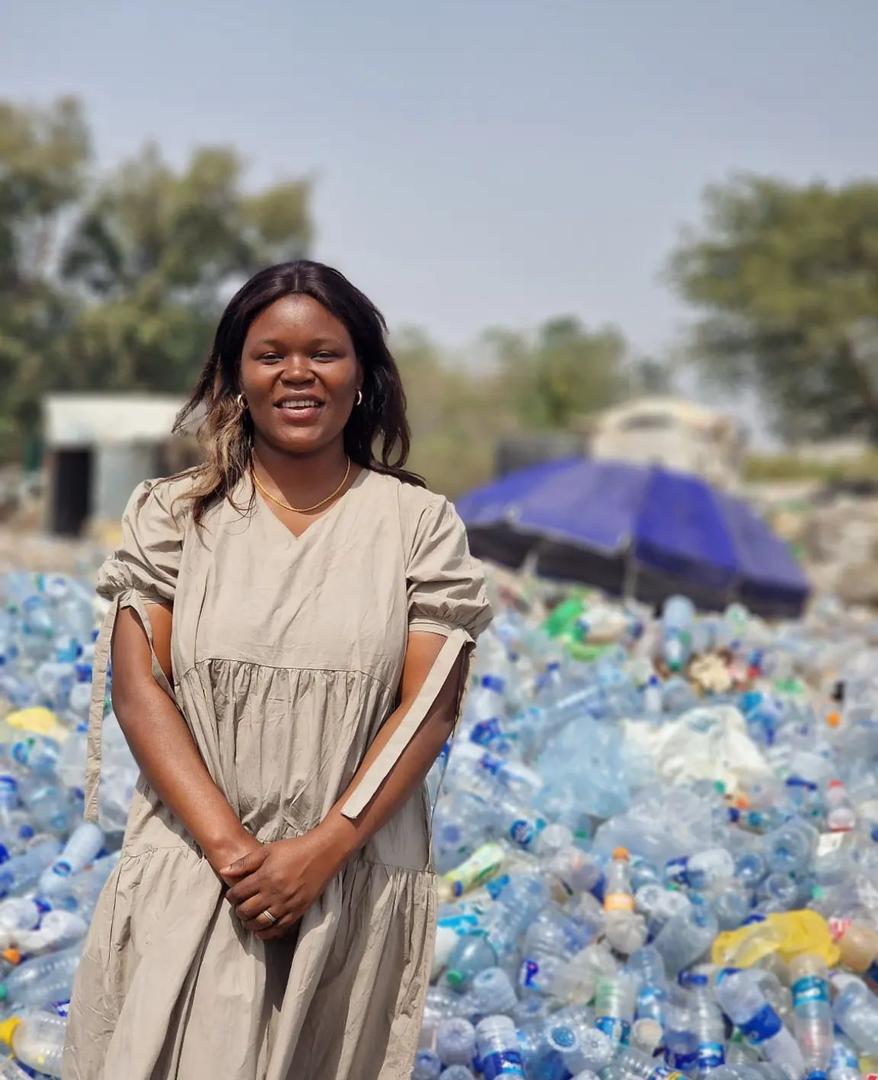
“After that, I became more aware of environmental challenges and became passionate about them. I told myself that whatever I do must have an environmental angle to it,” she told TheCable.
“I remember growing up, I always said that I wanted to leave the world better than I met it. I’m not sure where I heard that phrase, but it stuck with me.”
After she graduated in 2013 and completed her national service in 2015, Idehai knew she wanted to focus her work on waste management and recycling.
Advertisement
She did extensive research on other problem-solvers in the Nigerian environmental space and studied existing initiatives. Idehai developed the innovative business model and strategy for Ecobarter, which was officially launched in 2018.
“We began in 2017 but launched officially on February 3, 2018. A lot of the background work happened in January 2017, and that was also when we applied for the Tony Elumelu Foundation grant,” she said.
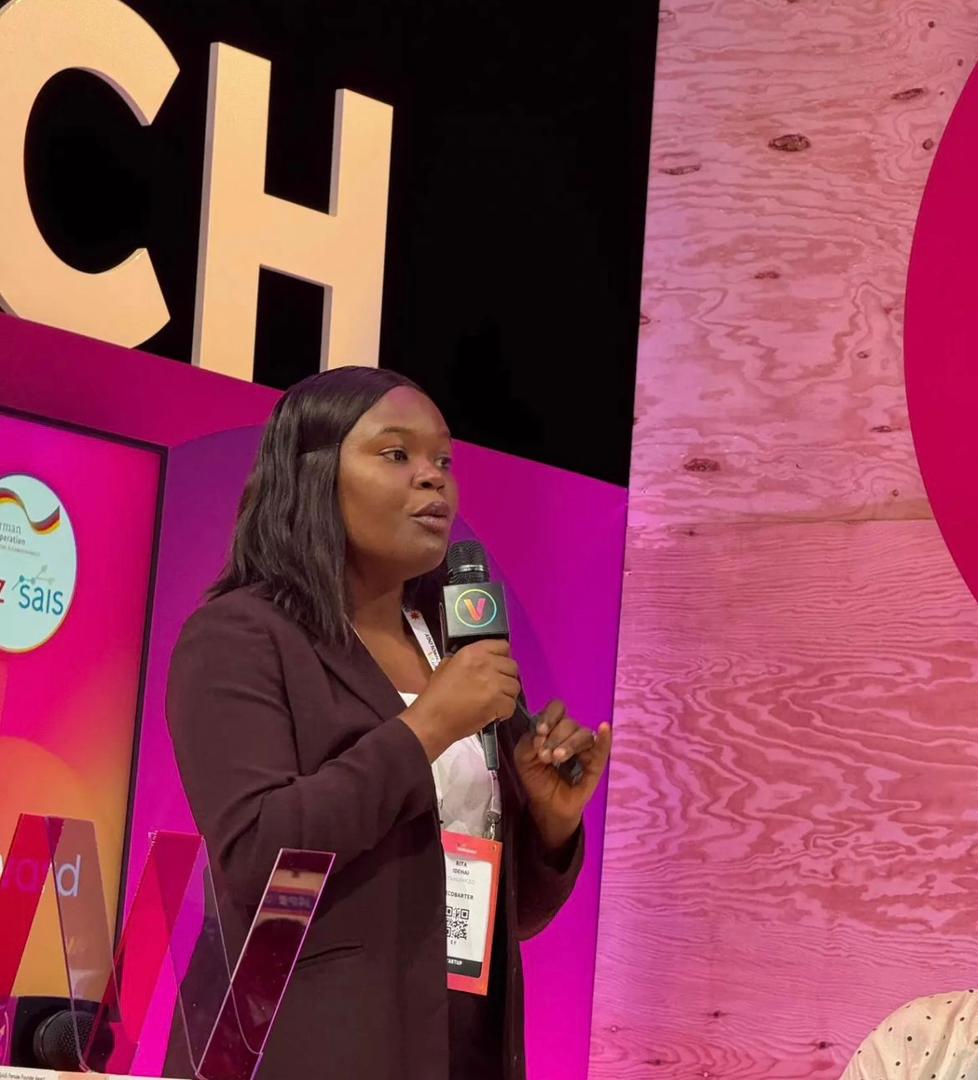
“We were passionate about the environment but also had to understand the opportunities that come with it. I have been very deliberate about building partnerships and seeking out collaboration and opportunities. We started training programmes to build capacity while learning how to build structure.”
While Idehai’s parents were initially unsure about her unconventional career path, they became supportive once they saw the potential impact and, importantly, the revenue.
Advertisement
Despite Idehai’s meticulous research, Ecobarter stumbled to a halt twice due to challenges ranging from funding shortages to operational issues and building the right team. But through persistence and stronger financial controls, the initiative has continued to grow and thrive.
“The biggest challenge was funding. After we launched in February 2018, by March, we ran out of money, and we shut down for a while,” she recalled.
“In June, I got a contract and used the funds I got from it to restart. So, we’ve had cases, especially earlier on, where we probably didn’t understand how the waste management process works in Nigeria.
“As a startup, we had issues with human resources and getting the right people to work. There were also issues like equipment being faulty and the fluctuation in the prices of recyclables.
Advertisement
“We had to shut down one time because selling the recyclables is like the primary way that we generate revenue. Now we have structures in place to monitor our finances and ensure that we always have money in the bank.”
USING WASTE AS CURRENCY
Advertisement
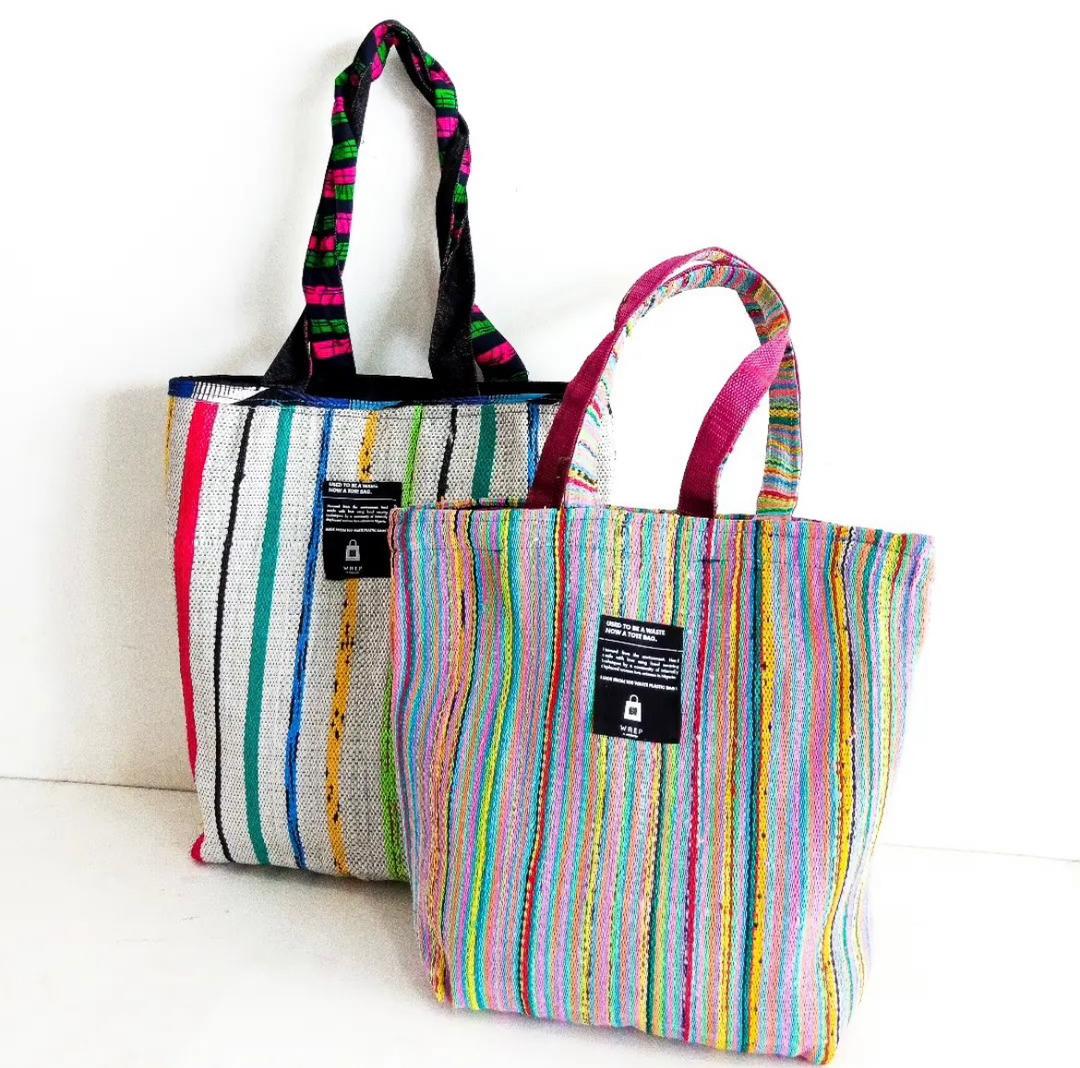
A key part of Ecobarter’s unique approach is using waste as a form of currency.
Leveraging on people’s preferences for rewards, a mobile and web application was developed where people can request for waste pickup and get paid.
Advertisement
Users earn points on their digital wallet and exchange them for cash. Idehai said the purpose of the concept is to encourage people to see the value in waste.
The company collects waste materials through both formal and informal channels, working with a network of waste pickers, and then recycles these into new products like bags and shoes.
Advertisement
“We thought of what means of exchange would be effective and that was how the waste as currency came about. We also did our research and asked people how they would like to be rewarded and most people just wanted money,” she said.
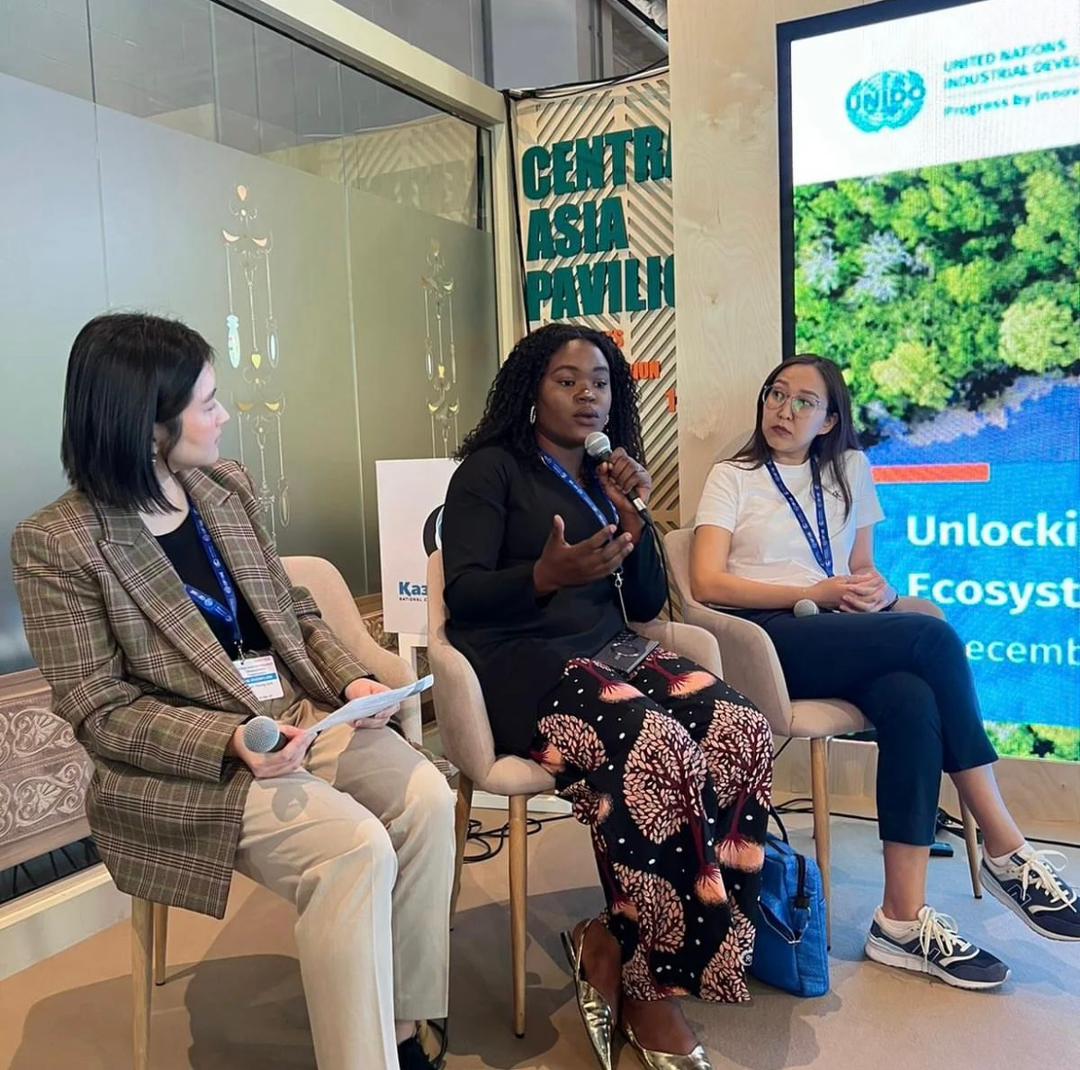
“We collect our waste in two different ways: formal/digital and informal collection. We work with waste pickers, collect wastes from them and take the wastes to our facility.
“For the formal collection, we have a mobile and web application where individuals, households, corporate organisations, churches, and anyone else can go on the platform to request a pickup of their wastes. And users are able to earn points in their digital wallet and redeem those points as cash.
“When people request, we already have waste pickers on our platform for that reason. We also have collection centers in Abuja and Lagos.
“To ensure the quality of our products, we have a standard and a quality assurance system that we are very proud of.”
GENDER INCLUSION AND CLIMATE ADAPTATION
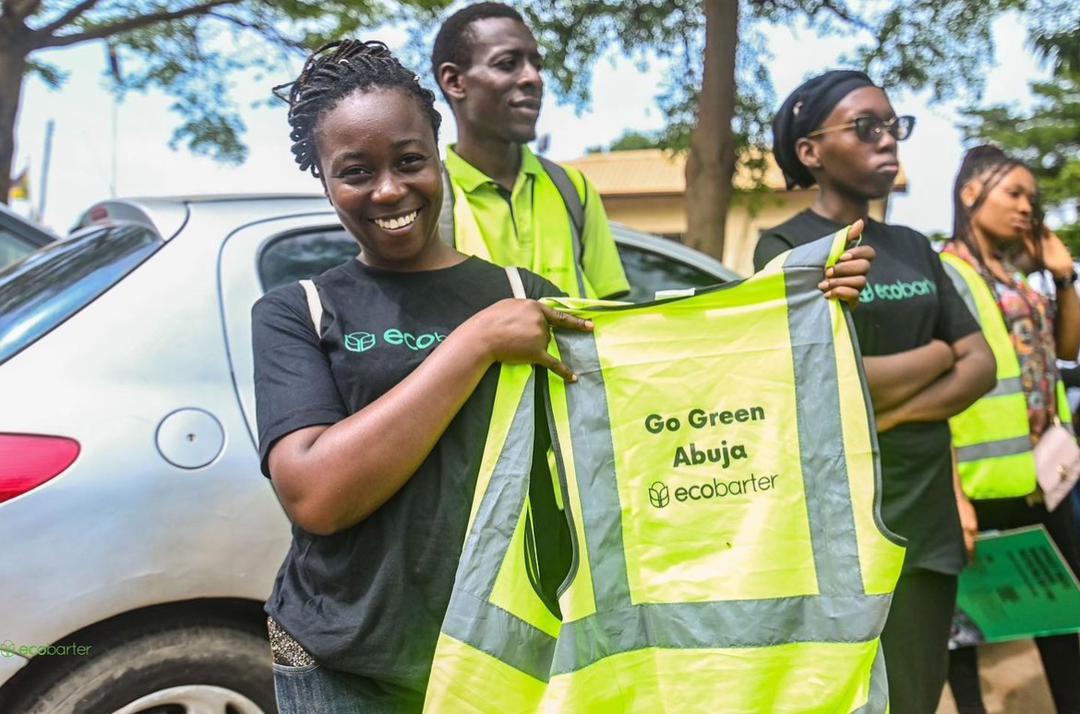
Idehai told TheCable that Ecobarter is designed to be a highly inclusive social enterprise, empowering marginalised groups such as internally displaced women and waste pickers.
The social and economic benefits of the organisation’s work are perhaps even more profound. The company launched WREP — Waste Resources and Empowerment Programme — in 2019. WREP trains and empowers women with resources to “pick back their lives”. What began as training has since evolved into women running their own businesses and generating income from recycled materials using local weaving techniques.
According to Idehai, WREP is “impact-based, and we are very inclusive in the way we think about our solutions”.
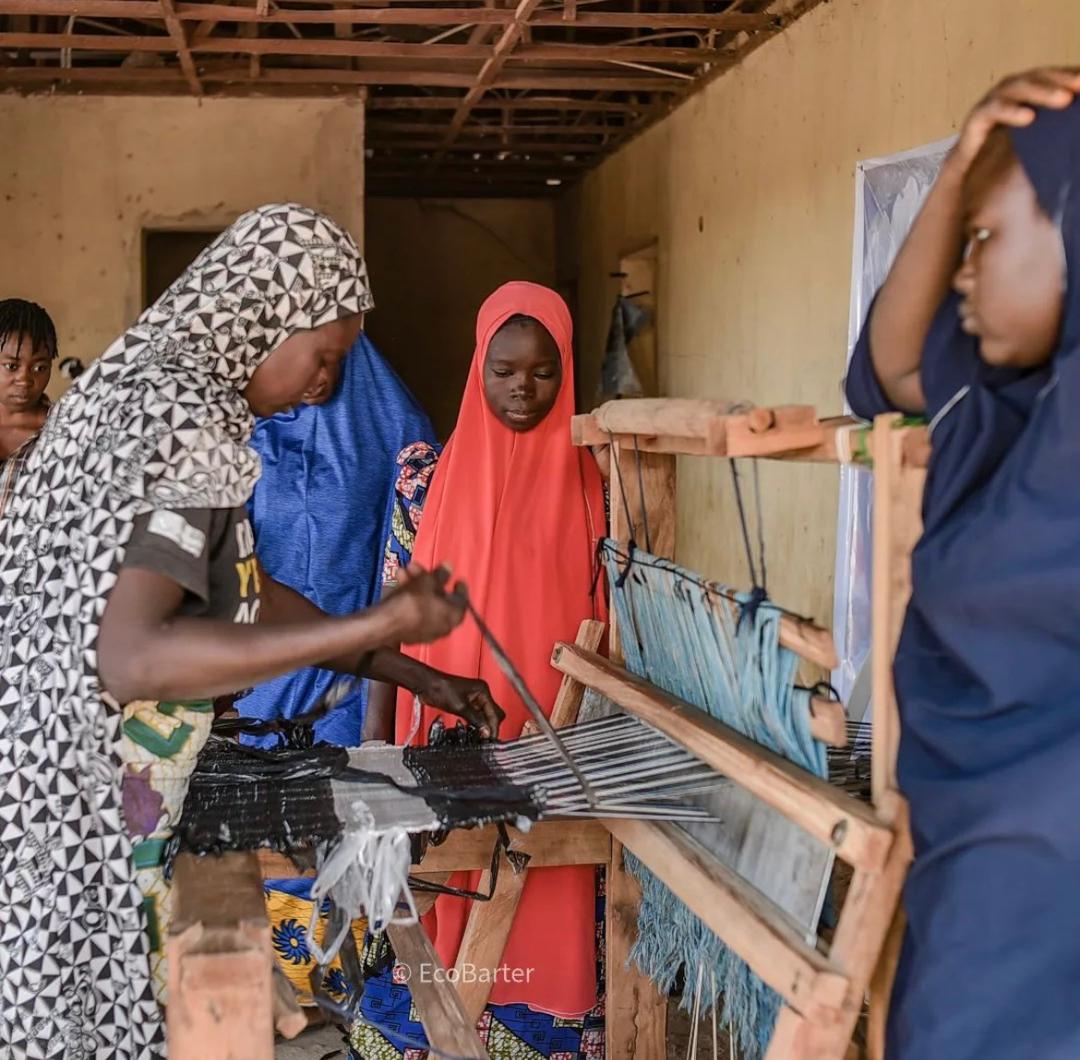
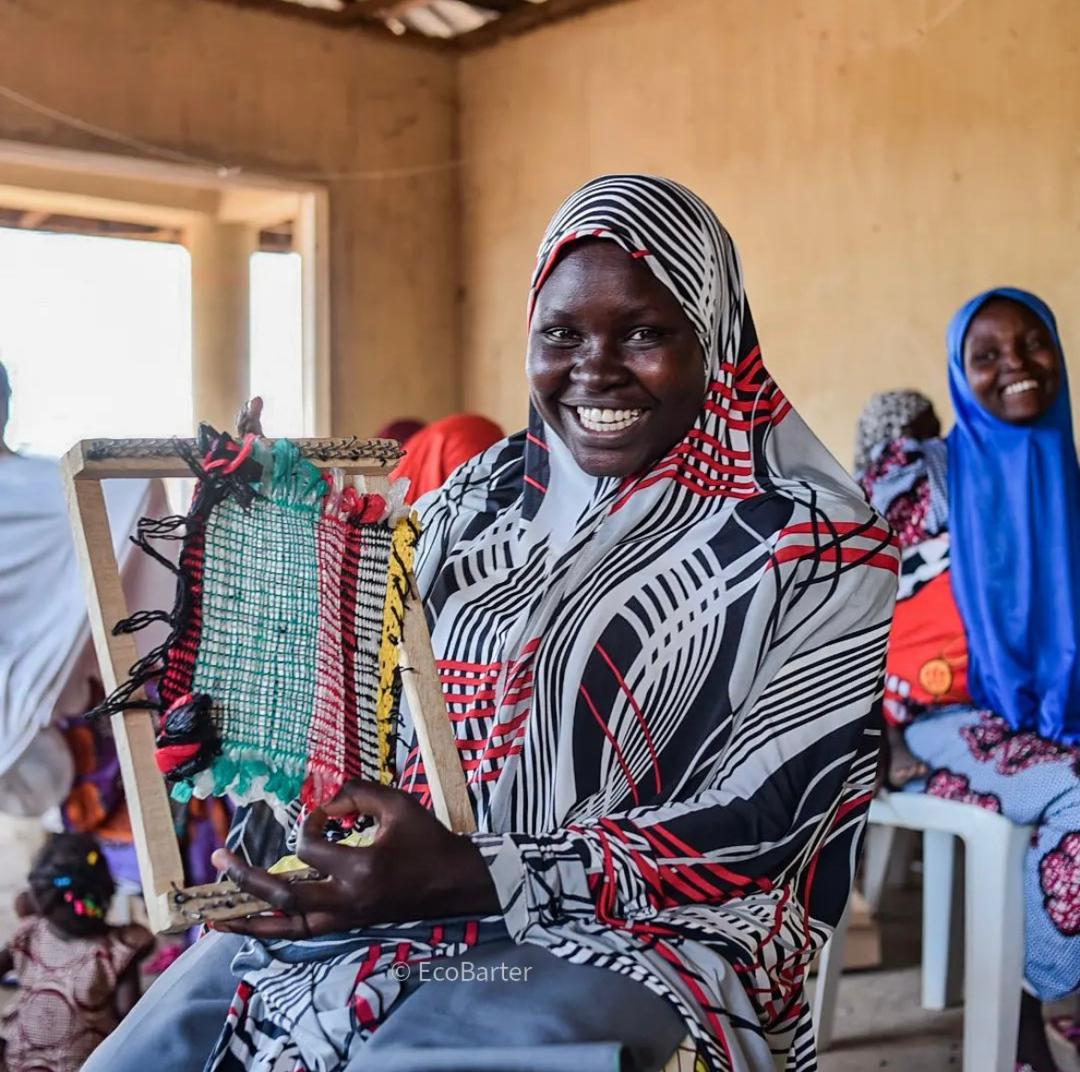
She said the company has empowered its workers with access to loans, healthcare, training, and stable incomes that have allowed them to improve their living conditions and support their families.
“For our collection platform, we identify waste pickers, train them, provide them with resources and get them on board. We know that they are the ones that can do the job well and we find a way to include them,” she said.
“WREP is completely designed for inclusion. We train internally displaced women who use their skills to transform waste into new products and use the profit to build their lives.
“We have a community of over 40 women. These women don’t have any other means of income but they know how to weave and how to knit, so we built on that skill to engage them and facilitate their growth.
“We have waste pickers working with us as collectors that are building houses, investing in farms and making profit. Some of these people were only able to access proper healthcare after working with us. We have a lot of success stories of internally displaced women who are now able to put their children in school, take care of themselves and their families through working with us.”
ENVIRONMENTAL IMPACT
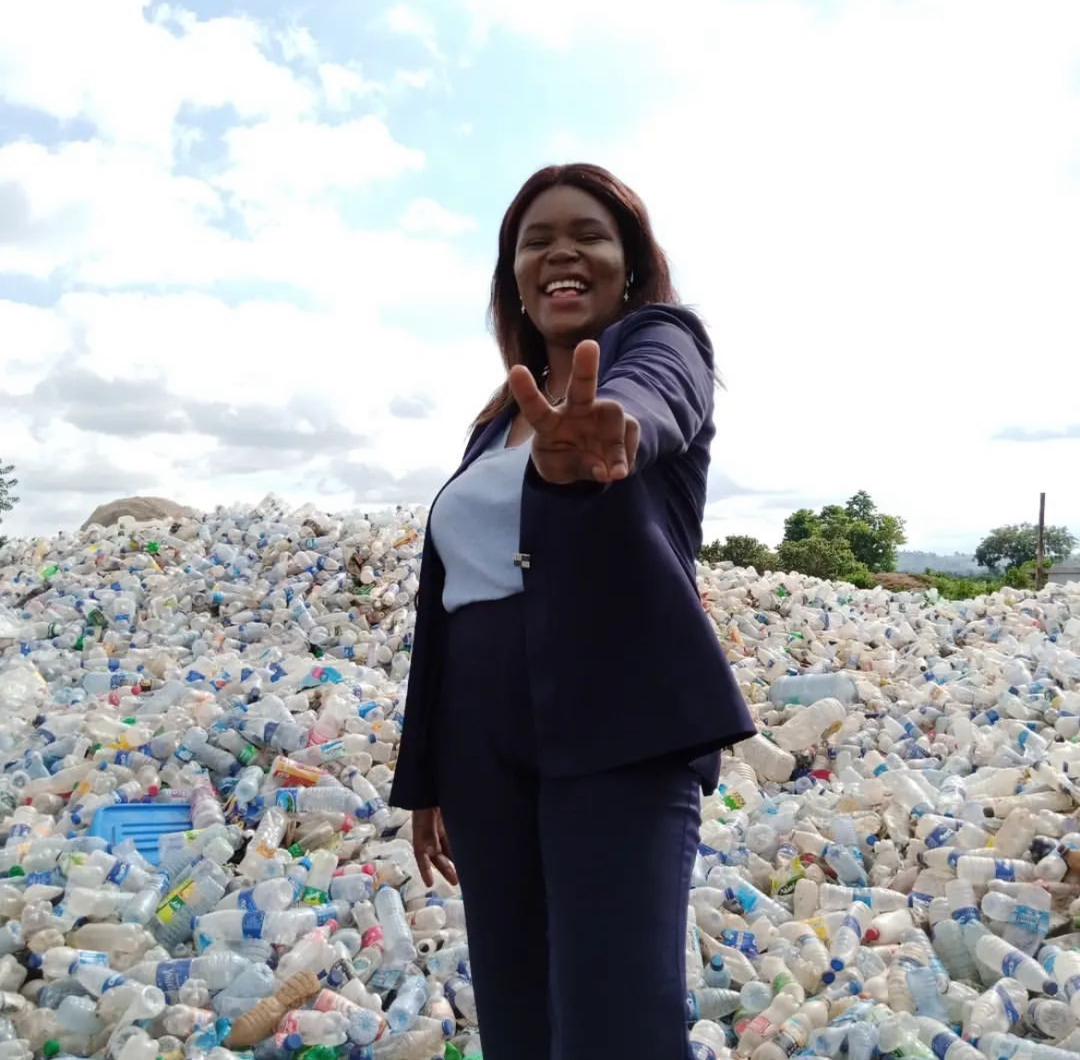
This year’s World Environment Day focuses on land restoration, stopping desertification and building drought resilience. While Ecobarter’s work does not directly address desertification and drought resilience, Idehai said the company’s focus on waste management and recycling contributes to land restoration.
She said that by reclaiming open dump sites and converting them into parks and gardens, she hopes to limit the land used for improper waste disposal and enable more productive uses. Furthermore, recycling reduces carbon emissions, land pollution, and water contamination rather than burning or dumping waste.
“In Nigeria, a huge percentage of waste is burnt, either on open dumps or through other means. When people dispose of their waste in open dumps, they are more or less using the land for what it is not meant for. We recycle waste and, in turn, contribute to land restoration,” she said.
“Sustainability is all we are about. We use waste in our production and we ensure that even the waste we generate, we also put into our production.”
Seeing the tangible difference the organisation makes in people’s lives is the most rewarding aspect for the 31-year-old social entrepreneur, and it continues to motivate her.
“Generally, just seeing the lives of the people that I work with and seeing what I have created from scratch turn into something tangible and actually make impact is for lack of a better word, a drug that keeps me going,” she added.
Ultimately, Idehai’s experience has shown her the critical need for consistent and innovative approaches to tackle Nigeria’s pressing environmental challenges. Her goal is to provide waste management services and sustainable products to every Nigerian household.
“It is more than just waste management. It is about creating a more sustainable, inclusive, and regenerative future for our communities and planet,” she stated.
Add a comment
